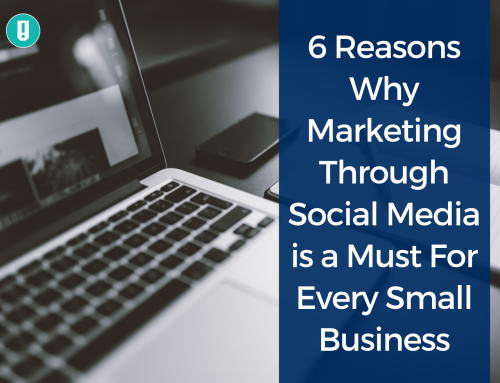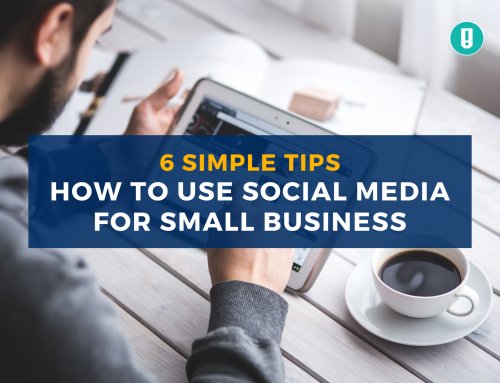The mechanical aspect of buying and inventory management is critical to the success of your business. Whether you are engaging in new purchasing, replenishment, or aged inventory management, there is a detailed, rigorous aspect to it. On hands and sales trends need to be analyzed and drilled down into in order to uncover which products need attention. It does require commitment and discipline. These are the activities that engage the left brain.
What are the tasks of a buyer that engages the left brain versus the right brain? What makes one person adequate, and one person outstanding? What are the ingredients of a great buyer?
There is a tendency in retail to not recognize the huge contribution a great buyer can make to your sales, profitability, and inventory turn. Whether you want to sharpen your own skills, are looking to hire a buyer, or are considering promoting someone within your organization into a buying position, ask yourself the following questions:
- Where are you/they in the continuum between creative and analytical? Everyone leans to one side or the other. Chances are if you or your buyer is outstanding with reports, data, organization and analysis – they are not going to be the most creative, conceptual thinker. Analysis, planning, inventory management can be taught or supported, but creativity cannot. Find someone with creative skills, whether in apparel or art; it does translate to jewelry.
- Are they capable of telling a story of emotion and significance with your product, and in your showcases with displays and messaging? A great buyer recognizes that your product offerings communicate to your clients who you are. You know that you are not as inexpensive as Costco or the Internet. You know that you may not be as large as a Jared. But what you can do is provide jewelry with great design. Displays are an extension of the jewelry, so it makes sense that the buyer creates them, both from a design and concept standpoint.
- Do they possess a business and trend awareness? What a talented buyer does need to have – in addition to fashion/product instinct – is business savvy. But don’t misunderstand – business savvy is not number crunching, it is an astute feel for the marketplace and their customer. They will recognize the relationship between fashion and the arts, culture and society. Through this lens they will discover or recognize new trends, not just follow or chase them.
- Do they have strong interpersonal skills? Some assume that since he or she holds the “power,” having empathetic interpersonal skills does not matter too much. Old fashioned “beat ‘em up” negotiating with your vendors is not nearly as effective as someone who has the ability to climb into someone else’s mind, compare the vendors’ needs to yours, and find solutions.
- Do they have the ability to effectively collaborate with others? They will need to collaborate with store personnel to create buy-in for the new lines or product they bring in. They will need to interact with your advertising/marketing resources to tell the product stories to your customer. You are looking for a team player, not a super star personality.
There are some great personality evaluations out there to help you identify a potential candidate, or to see how much of a fit you are for the role of buyer. The questions above should help you think about this critical role in your store, and the impact it can have on your revenues.
If you need further assistance or strategies on this topic or any other area, to build your business, please contact Becka Johnson Kibby at The Edge Retail Academy: Becka@EdgeRetailAcademy or 877-569-8657, Ext. 1.





Leave A Comment